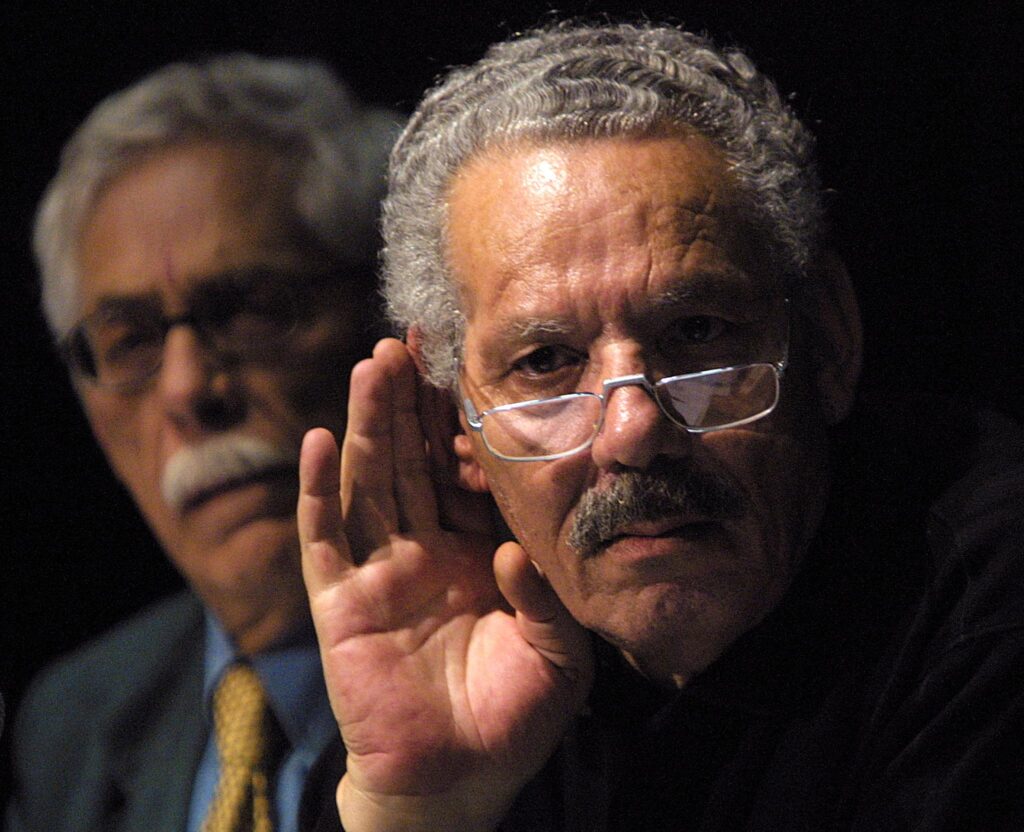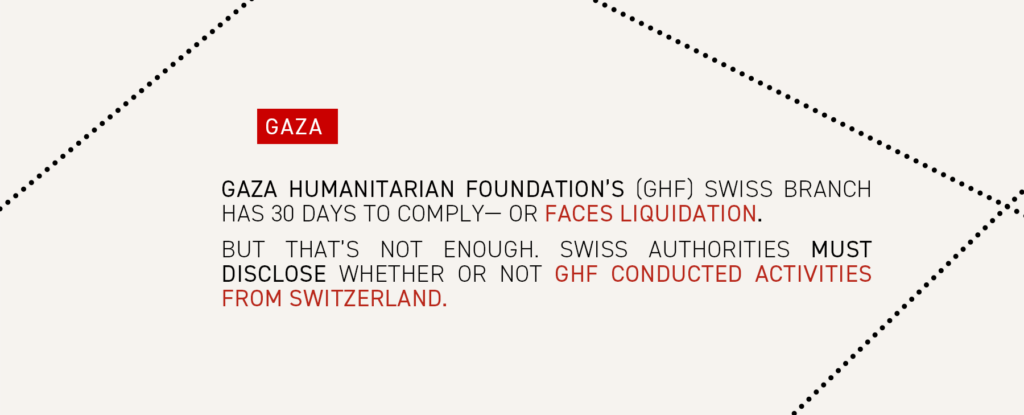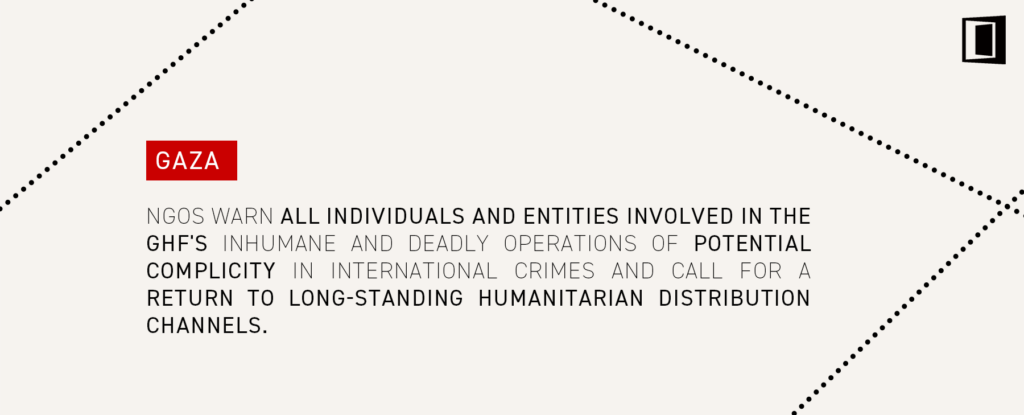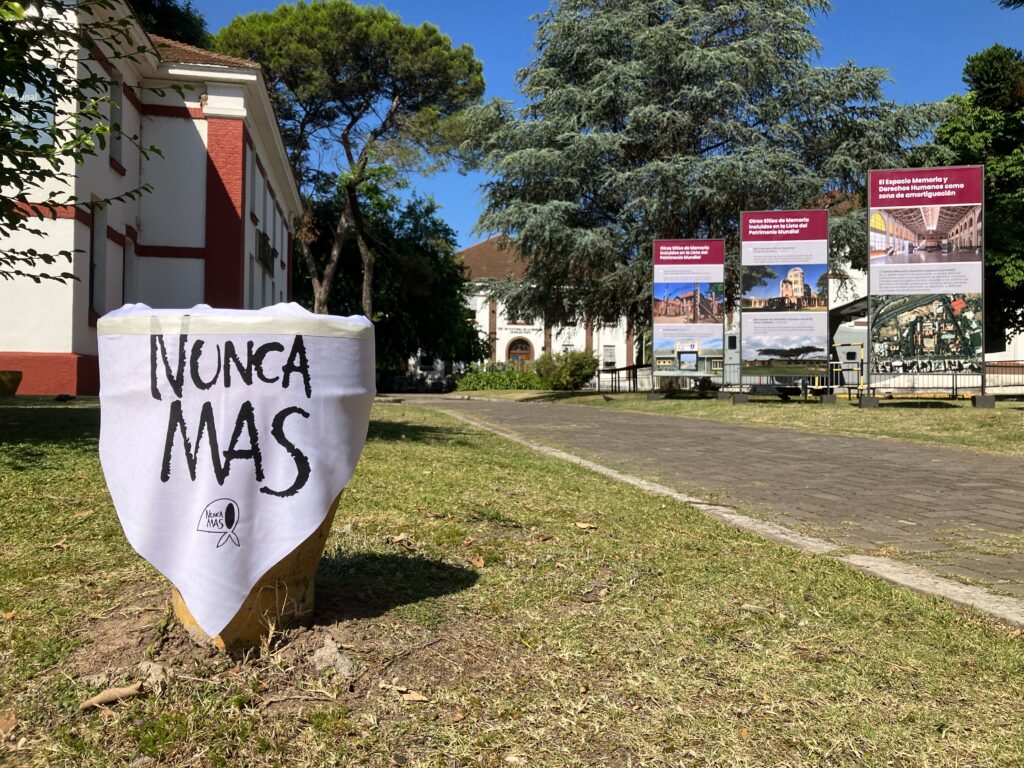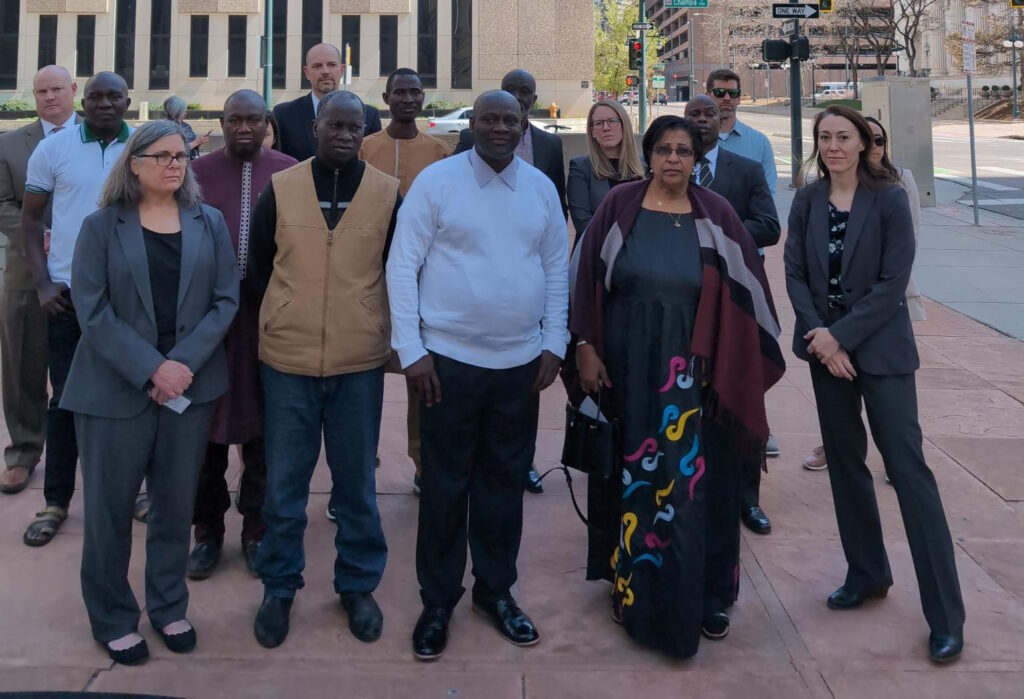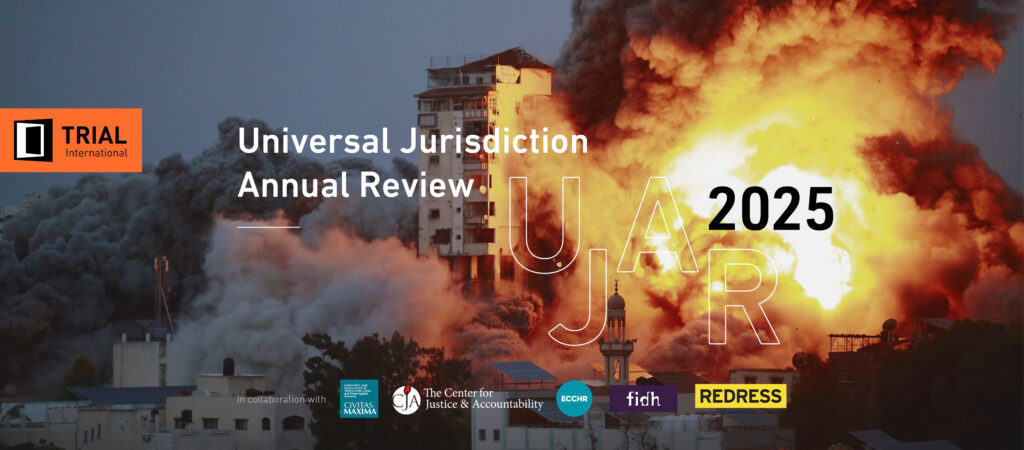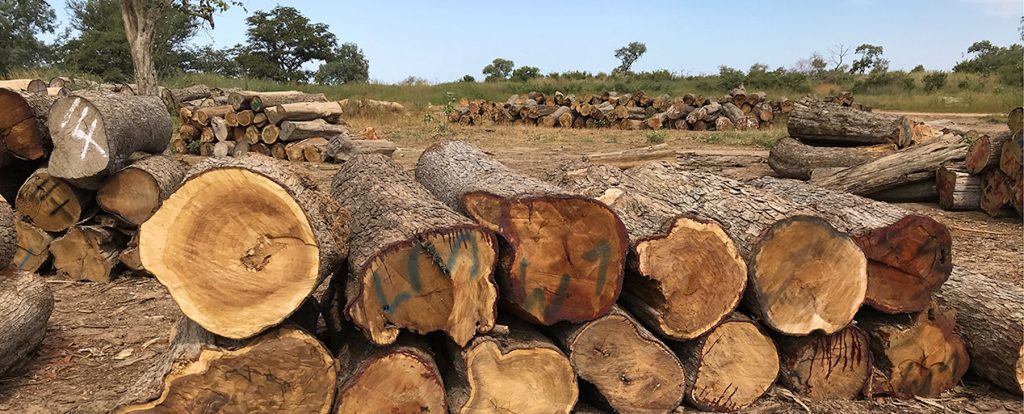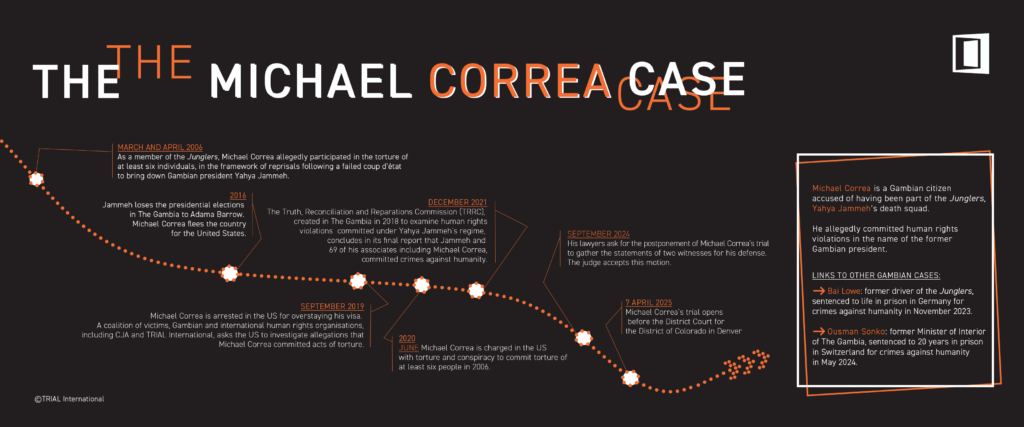Reed Brody: “The greatest lesson from Habré’s trial is that justice is achievable”
An op-ed by Reed Brody
Reed Brody fought at the side of Hissène Habré’s victims until Habré’s conviction and life sentence were upheld in April. Invited by TRIAL International, he recounted key features of the judicial saga.
The 1998 arrest of Augusto Pinochet in London, was a turning point for international justice. It created a ripple effect, giving people hope to pursue their own tormenters. The idea that survivors could access international justice was new, powerful and exciting. I knew little about Hissène Habré when Chadian NGOs approached me in 1999 to take up their case. But the moment was right and the survivors had such a thirst for justice!
Victims are the cornerstone of international justice
Victims are still voiceless in many human rights crisis today. Who has ever heard the stories of survivors from South Sudan, for instance?
The Habré case offers a valuable counter-example. I cannot overstate the courage and tenacity of the victims. They took the lead in bringing Habré to trial and this was one of the best parts of the adventure.
With time, I formed a personal bond with many victims. They stayed with my family, we got them medical care, so seeing Habré on trial became a personal mission too. When victims put their faith in you, it’s difficult to give up. When Habré was arrested for the first time, my son was not even born. He is now 17.
Habré’s survivors were the ones who allowed us to overcome each setback. When Belgium repealed its law on universal jurisdiction, Souleymane Guengueng, the association founder, saved the case by telling his story to Belgian officials. He had them eating out of his hand!
Adding logs to the fire
Habré’s trial began on 20 July 2015. It was the first universal jurisdiction case to proceed to trial in Africa. It was also the first trial in the world in which the courts of one country prosecuted the former head of State of another for human rights crimes.
So many people told us it could not be done. But the more we were told it was hopeless, the more we wanted to prove them wrong. Their disbelief just added logs to our fire!
Tenacity pays off
On 27 April 2017, the appellate judges of the Extraordinary African Chambers in the Senegalese court system confirmed Habré’s sentence oflife in prison for crimes against humanity, torture and war crimes and tasked a trust fund with locating and seizing his assets to compensate the victims.
I believe that the greatest lesson of Habré’s trial is that justice is achievable, and by normal people. Every survivor can be Souleymane Guengueng, every activist can be a “dictator hunter”.
Setting precedents creates hope
Just like the Pinochet case, the trial of Hissène Habré created hope: When people see victims bring their dictator to justice, they start believing they can do it too.
Following the fall of Yahya Jammeh in Gambia, I received calls asking whether Jammeh could be brought to justice too. Together with a group of Habré’s victims and a lawyer from TRIAL, we went to Banjul to meet some of Jammeh’s victims. Our answer was simple: he can be, if you make it happen.
Read more about TRIAL International’s work in Gambia
Read more about milestone universal jurisdiction cases

